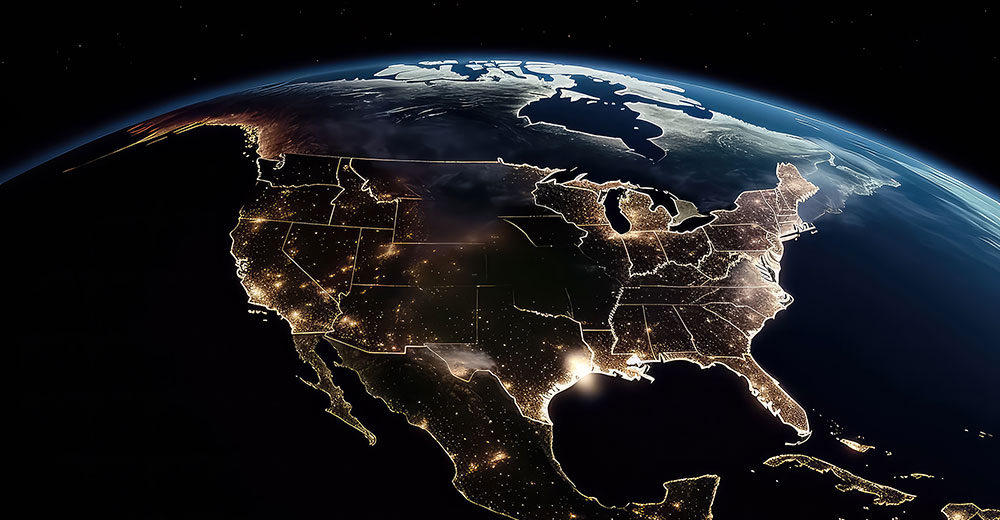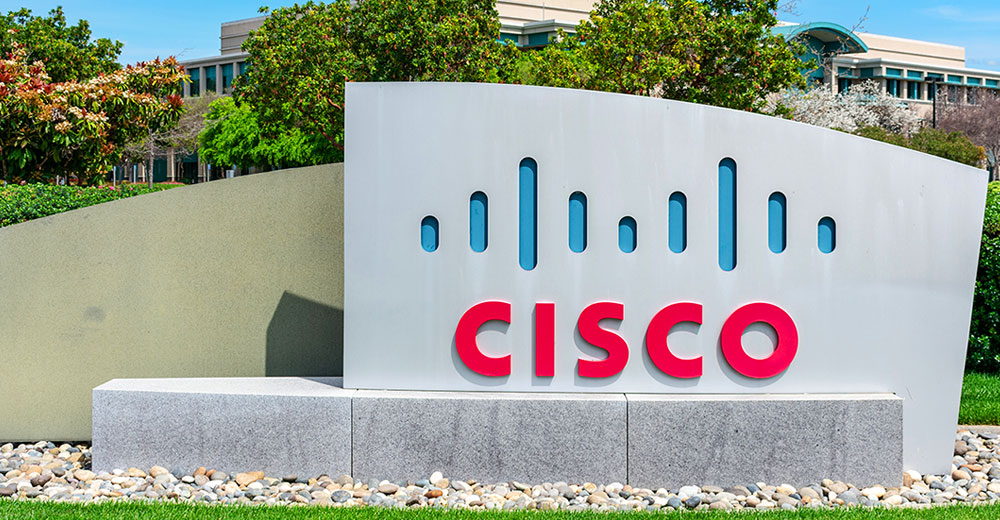
This week’s U.S. congressional hearing on the loosening of DVD and other copying restrictions based on the Digital Millennium Copyright Act (DMCA) of 1998 might signal a change in attitude toward laws that have been the basis of infringement suits against companies and consumers.
Some, including lawmakers on the U.S. Congressional Subcommittee on Commerce, Trade and Consumer Protection, view the ability to make backup and mixed copies of copyrighted music, movies and other media as fair use, provided consumers are not selling or distributing their homemade digital copies.
Copyright holders, such as the Motion Picture Association of America (MPAA), the Recording Industry Association of America (RIAA) and Business Software Alliance, however, argued before the committee that the Digital Media Consumers’ Rights Act of 2003 would “legalize hacking” and strip copyrighted content of its piracy protections, according to MPAA president Jack Valenti’s testimony.
Despite a longheld defense of the DMCA in both the U.S. House and Senate, lawmakers are now joining consumers and industry representatives in questioning the six-year-old law’s effects on law-abiding, paying customers, according to Electronic Frontier Foundation staff attorney Fred von Lohmann.
“Yesterday’s hearing really marked a turning point,” von Lohmann told TechNewsWorld. “It’s certainly been a case of a growing number of voices calling for DMCA reform.”
Fair Use Fouled
The basic issue before the lawmakers this week was whether the DMCA infringes upon fair-use allowances for copying copyrighted materials for one’s own personal use. While the DMCA was intended to protect such materials from piracy that has prospered with Internet distribution, DVD burning and other technologies, it also has been the basis for a failed lawsuit against an individual who cracked a DVD encryption scheme and the RIAA’s use of subpoenas to identify peer-to-peer (P2P) network users.
Supporters of the Digital Media Consumers’ Rights Act of 2003 — sponsored by Rick Boucher (D-Virginia) and John Doolittle (R-California) — argue that the DMCA prevents consumers from making fair use of encrypted materials.
“If you want to make a copy for your car and one for your wife’s and one for the boat and another for the cabin, that is hard to do because of technical restrictions the industry wanted and Congress gave to them,” said Allan Swift, a former congressman who testified.
Protection in Peril
Those opposed to the DMCA limitations contend that protection for copyrighted works would be weakened and that the ability to undo encryption and antitampering technology will lead to an explosion of piracy gadgets and other technology that will devalue copyrighted material.
Valenti argued there are three reasons the proposed DMCA limitations and an allowance for backup copies are “unsuitable for passage”: It is illegal, it is unnecessary, and it allows hacking of encrypted, creative material, “which in turn puts to peril the future home video market.”
“Back-up copies are not legal,” Valenti said. “The Copyright Act does not say ‘buy one movie, get one free.’ There is no more a right to a back-up copy of a DVD than a back-up DVD player, lawn mower or set of wine glasses.”
However, Swift, a former member of the committee who witnessed the Big Media resistance to videotapes and DVDs, said the industry track record is marked by fear.
“They have always distrusted new technology,” Swift testified. “If Hollywood had been given its way, the videotapes and DVDs from which they now make a great percentage of their profits would have been smothered in their bassinettes.”
Consumers and Industry
The EFF’s von Lohmann said that while consumers traditionally have been the main source of DMCA resistance, industry is now joining in opposition because the DMCA is being used as an anticompetitive weapon.
“There is concern that this is being used as a protective measure, not to protect against piracy but to fence out competitors,” von Lohmann said, referring to the printer cartridge, garage-door opener and auto manufacturing industries.
Von Lohmann added that while the DMCA revision faces “enormous resistance” among other lawmakers, such as the Judiciary Committee, the recent subcommittee hearing is evidence that a change is emerging in Washington, D.C.





















































